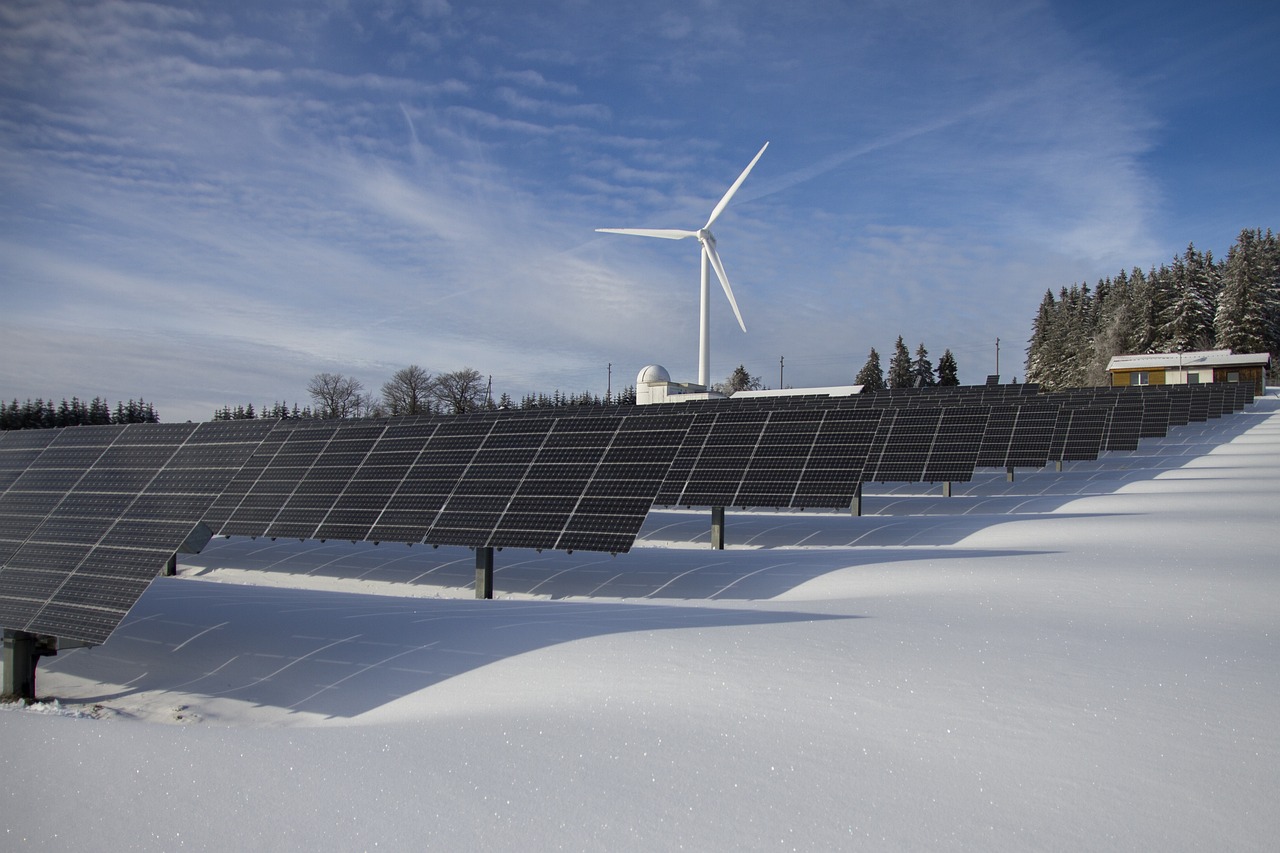14th August 2023
In an era defined by environmental consciousness, instilling eco-friendly practices across all age groups has become essential. From waste paper recycling to adopting sustainable products, each generation can contribute to a greener planet.
Let's explore some age-specific eco-friendly practices that are making a difference, and the prevailing trends shaping sustainable living.
Childhood (Ages 0-12): Cultivating a Love for Nature

Outdoor Exploration
Encourage children to explore nature through hikes, park visits, and nature trails. This fosters a deep appreciation for the environment and its preservation.
Education
Integrate eco-awareness into early education. Schools are incorporating lessons on waste paper recycling, the importance of trees, and the three Rs – reduce, reuse, recycle.
Sustainable Play
Opt for toys made from natural materials, minimising plastic waste and promoting a love for sustainable products.
Teenage Years (Ages 13-19): Advocacy and Awareness
Social Media Activism
Teenagers are using platforms like Instagram and TikTok to spread awareness about waste paper recycling, encouraging peers to make mindful choices.
Protests and Movements
Engaging in climate strikes and environmental campaigns showcases their dedication to sustainability and sends a strong message to authorities.
DIY Culture
Teens are upcycling and repurposing items creatively, proving that eco-friendly practices can be fun and innovative.
Young Adults (Ages 20-35): Sustainable Living as a Lifestyle
Conscious Consumerism
Opt for sustainable products with minimal packaging. Many are choosing brands that align with their eco-friendly values.
Zero-Waste Lifestyle
Adopt a zero-waste approach by using reusable items, reducing single-use plastics, and practising mindful consumption.
Energy Efficiency
Embrace energy-efficient appliances, LED lighting, and sustainable home designs to reduce energy consumption.
Middle Age (Ages 36-55): Balancing Responsibilities
Green Transportation
Choose ec-friendly transportation options like biking, carpooling, or electric vehicles to reduce carbon emissions.
Waste Reduction at Home
Implement waste paper recycling, composting, and reducing food waste through meal planning and conscious shopping.
Workplace Advocacy
Influence companies to adopt sustainable practices, such as digitalization to reduce paper usage and waste.
Seniors (Ages 56+): Sharing Wisdom & Legacy
Community Engagement
Participate in local environmental initiatives, such as community gardens, tree planting events, and beach cleanups.
Educational Outreach
Share knowledge about waste paper recycling and sustainable practices with younger generations through mentoring and workshops.
Sustainable Retirement
Choose retirement communities that prioritise eco-friendly amenities, fostering a green lifestyle in later years.
Current Practices Shaping Sustainable Living in 2023
Renewable Energy

The use of renewable energy sources such as solar and wind power is growing rapidly, as people become more aware of the environmental impact of fossil fuels. In 2023, we are likely to see even more investment in renewable energy, as governments and businesses seek to reduce their carbon emissions.
Energy Efficiency
Another important way to reduce our reliance on fossil fuels is to improve energy efficiency. This means making our homes, businesses, and transportation systems more efficient so that they use less energy. There are many ways to do this, such as installing energy-efficient appliances, weatherizing our homes, and driving more fuel-efficient cars.
Sustainable Transportation
The way we travel is a major contributor to climate change. In 2023, we are likely to see a growing shift towards sustainable transportation options such as walking, biking, public transportation, and electric vehicles. These options are better for the environment and can also help us improve our health and fitness.
Sustainable Food Choices
The food we eat also has a big impact on the environment. In 2023, we are likely to see a growing demand for sustainable food choices, such as locally-grown, organic, and plant-based foods. These choices are better for the environment and can also help us improve our health.
Recycling and Waste Reduction
Recycling and waste reduction are essential for reducing the amount of waste we send to landfills. In 2023, we are likely to see even more investment in waste paper recycling and waste reduction programs, as people become more aware of the importance of these practices.
Sustainable Consumption
The way we consume goods and services also has an impact on the environment. In 2023, we are likely to see a growing movement towards sustainable consumption, which means making choices that are better for the planet. This could include buying less stuff, buying second-hand goods, and choosing sustainable products.
Conclusion: Building a Sustainable Legacy
Embracing eco-friendly practices spans generations, with each age group contributing in unique ways to a greener future. From waste paper recycling to choosing sustainable products, these practices collectively weave a tapestry of sustainable living.
As we navigate through different life stages, let's remember that every action, no matter how small, has the potential to leave a lasting impact on the environment. By instilling these practices across generations, we can build a legacy of responsible stewardship and pave the way for a brighter, more sustainable world.
Embark on your path towards sustainability by switching to Rescript’s 100% recycled paper products!








